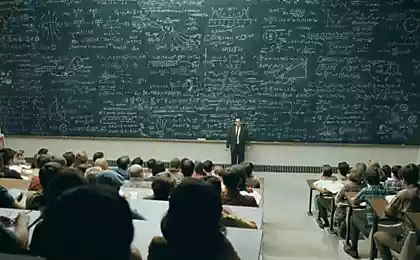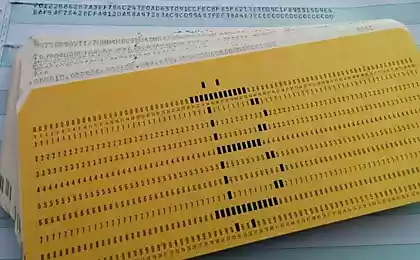992
What is the process of learning in American universities?
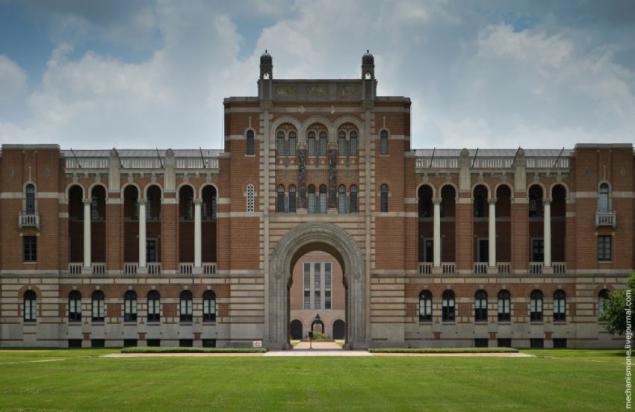

First, unlike the universities of Russia it is that there is no fixed timetable. Each entered issued sheet items that you want to listen to a diploma. In subjects or classes, as they are called here, there is a certain order of study. Typically, the student itself forms a schedule of classes as it is convenient, with restrictions only priority classes, ie you can not take the mathematics of the second level is not passed the first level; "Chemical process" can not be studied until it passed two general chemistry, etc. But will the student class "History" in the first semester or the last - does not matter.
Come on. Each object has a number of credits (or hours) that are considered Weekly. For example, 3 credits - courses twice a week for 1.5 hours, a total of 3:00 per week. To students find full-time (ochnikom), it must have a minimum of 12 credits per semester, otherwise the status is changed to ochnika time students. However, if a student has financial aid from the government or the state, then it will have problems. Load tuition depends on the complexity of the subject and the ability of the student: to have 16 hours without problems, but when added to laboratory work - does not begin to keep pace with time. More than 17 hours per week it is difficult even for very able and not a student,.
Minimum number of credits not, you can take at least one class per semester, but nevertheless, you will play a certain period of time to study, engineers - is 6 years for a bachelor's degree (including the previous college, if any exist). After this period, if you do not protect, all your classes will be canceled (except for good cause).
Two other differences are that you can learn in the summer, ie You can finish the year 3 semesters, rather than two, as in Russia. This significantly speeds up the learning process. Of course, summer is not taught in all classes, but can be trained less important subjects, such as history or English. Students typically attend two courses in the summer of the first, third and fourth years, as a rule, do not study, because earn in companies, gaining experience. Another difference - admission to the university possible during any semester during the year of study.
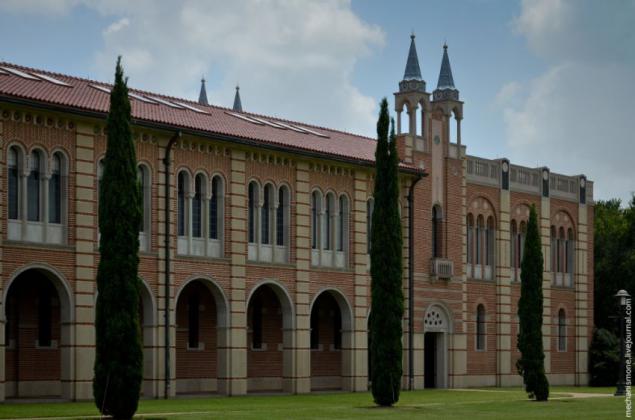
All learning objects (classes) are divided into two groups: the main or related to the profession, and background. Each student is required to take two courses of English, two courses in American history, the two devices exchange the government, and another class of art and sociology (a la psychology, philosophy, history of art, or something like that, you can choose from a large sheet of proposed classes ).
Yeah, so the United States has "left" classes exclaim trolls! But it is not. First, these classes are very small in comparison with the relevant classes. Second, all of these items are available for training in the last two years of school, and the university, as a rule, is likely to take 1-2 classes in order to complete all minor items. Moreover, many students still studying at school, gaining two classes of physics, chemistry and mathematics three, thereby facilitating and accelerating currently training at the university.
Another way to get rid of non-principal subjects - they go to college after high school, so do many: first it is much cheaper, and secondly, to study in college yet easier. After 2-4 semesters of college success can try to go to university, with a good score for you without problems translate. Incidentally discharged from college is not necessarily, you can simply make a transfer to the university.
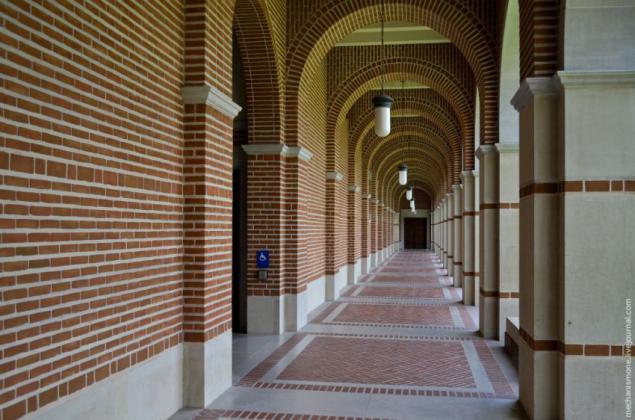
Professional classes are divided into three groups, too - preparatory, specialized and specific. Preparatory classes are that will be needed in the future, for example, the basic physics or chemistry. Profiled classes are directly related to the specialty, such as chemical processes, or organic chemistry. In addition, last semester have sample classes (specific core classes) that the student chooses, taking into account their specialty. For example, if you want to work at an oil refinery, it is better to study subjects related to refinery processes, for those wishing to work in the sea is better to pick up something from the world of crude oil and the process of cleaning. Classes can be taken, and more than is required, it is not prohibited, it is possible to take classes from the master's program.
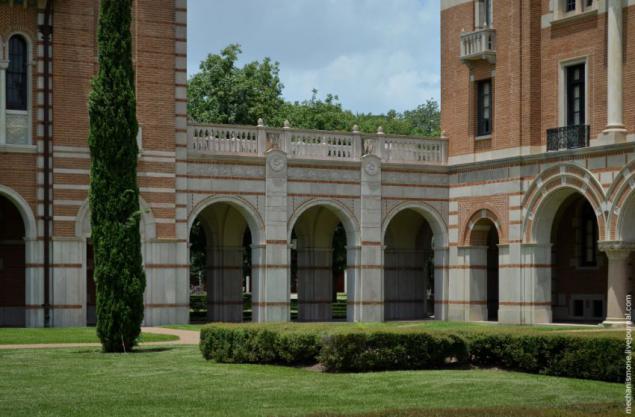
Now let's talk about studying for a semester.
There is no concept of "exams." The session then a continuous need to constantly work at 100%, it is good to take each item. Each item has a specific pricing structure, and it looks like this: during the semester you will have 3 exams, which are estimated as 15% of the total assessment, exams are held every month (because the average term lasts 3 months, it turns Exam every month). These exams cover a certain part of the study material on the subject within a month.
At the end of the semester is the so-called "final week", usually a half or two weeks, with final examinations. Final exam - this is the result of your study of the subject for an entire semester. As a rule, it is estimated as 30% of the total evaluation. In addition, recorded and homework, all of 11, as the 10% of the total evaluation, and still have tests, they also 11 and is the remaining 15% of the score.

As a rule, the teacher gives you the opportunity to replace the final exam is one of the worst semester exams, replacing the assessment of the worst test score of the final exam, of course, provided that the final exam score above. The same thing happens with homework and control, one of the worst points falls and is considered only 10 jobs instead of 11.
The structure of interest and the number of tests, homework and test can vary, may be added to the presentation, laboratory work, projects and additional tasks for further evaluation. Something may be completely absent (domestic work, for example, or control). The essence of the structure remains the same - in the process of learning all semester to work conscientiously, there are only entitled to one mistake. To the final situation is slightly different, especially sample profile classes: the lion's share valuation is formed from a semester project, individual or group.
At the end of the course the student must pass the state exam, which is called the "fundamental base engineering", this exam costs about $ 200, and given it twice a year, lasts 8 hours and covers a large number of classes related to the job, both general and specialized. Without this test, many companies hiring you will not take, because after 5 years of work, you can take the exam for the title of Professional Engineer license and get howl, but no fundamental base you to prof. exam will not allow. And if you do not have a license, you will not be able to sign their own single project or design engineer at a certain point it becomes useless for the company.
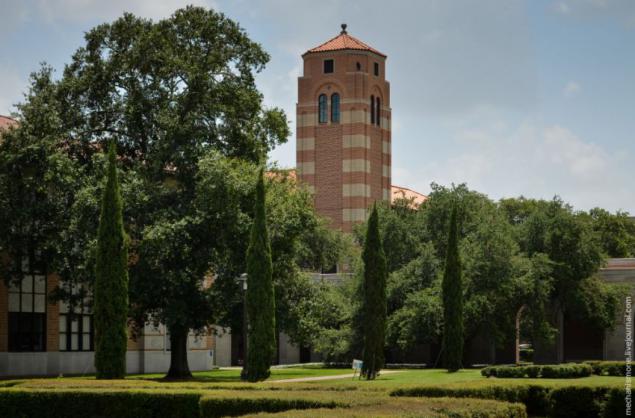
All the classes that you have studied during the semester, folded into a single assessment, which is called an average score or GPA (Grade Point Average). Here I am writing about the average score will not, because the mechanism is quite complicated and the Internet can find a lot of material on the subject, he thought. Average varies between 0.00 and 4.00. As a rule, if a student scores above 3.5, it is considered a good student, above 3.7 - an excellent student, although these figures are different for each student.
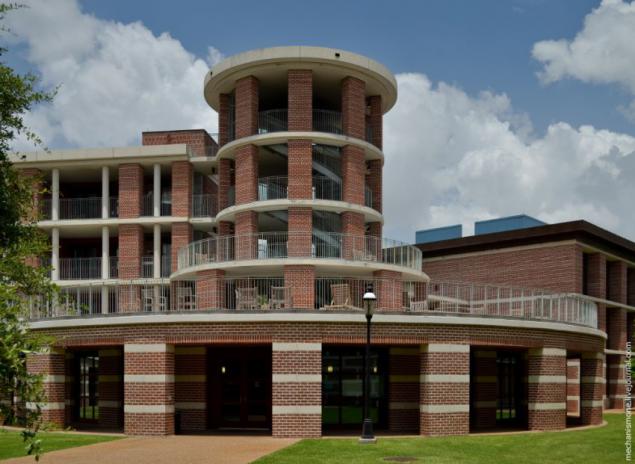
Now about the exams. All written exams, solved the problem in writing tests is only on the "left" class at the beginning of learning. Tickets are not here, and the issues are not known prior to the examination. The professor gives a rough assignment and tutorial before the exam, but what will be on the exam, are unknown. I came, I got the job, so sit down and perform. Typically, the test includes 3-4 tasks from easy to difficult, the latter problem is very complicated, and solve its small number of students. There are tests with only one task.
After the exam is a detailed analysis of the examination and solution of all problems together, that there was no one questions and misunderstandings.
Of course, there are always exceptions. Some teachers are sometimes repeated questions or give a similar problem, but the teachers clearly understand that students have a lot of old tests. In the history of my studies I knew of only one teacher, which tests were the same, changing only the numbers were all very pleased, because passed one of the most important things of life - Statistics. He did this because the teacher that knew, none of us do not need it, except for those who go to the designers, but these students need to learn a few more statistics, so we had a compromise and everyone slept peacefully. For all other subjects with us on exams three skins flogged.

What to do if you have not passed the subject in some circumstances, such as illness or family circumstances? Do not worry, everyone understands that something can happen, this is an estimate of W, or withdraw. In this case, the class of completely "drops" (you refuse to continue learning in this class); you no longer go to school, and the next semester must take the class again. Teachers are understanding the position. I know the story, when a student had an accident and she dropped all subjects, despite the final week, and returned all the money for the semester, thus allowing it to pass all subjects again for the next semester.
If you omit the subject themselves, the money you do not get back, and you suffer a little GPA. What to do if you are not sure that to cope with the study of the subject? Nothing special, take a class and see what and how. During the first two weeks of training class can also be omitted, but you get all the money back and will not get any judgment at all, ie, the average score on this attempt will not be affected.
PySy: drop the items can not be permanent, because the history of the study since the release from school is allowed only six evaluations W, then be expelled for academic failure.
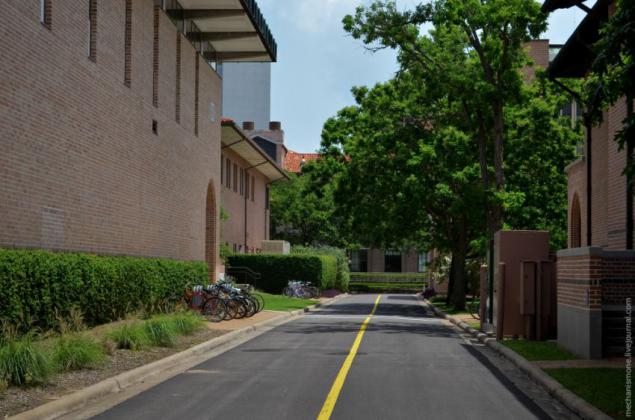
What help have students? It helps a lot. Firstly, the profile learning groups, which are candidates for the doctor. In these classes students perform additional tasks, find out any issues. Secondly, there is the instructor, and there are special support centers, where you can always find the professor and with him cope with the task. In addition, there are anonymous sites students, where you can read reviews of the evaluation and the teachers themselves. Such sites are better read, there is not very good teachers, and the best things they did not take. Well, in general, decided to study in the companies in the library with sorting out problems.
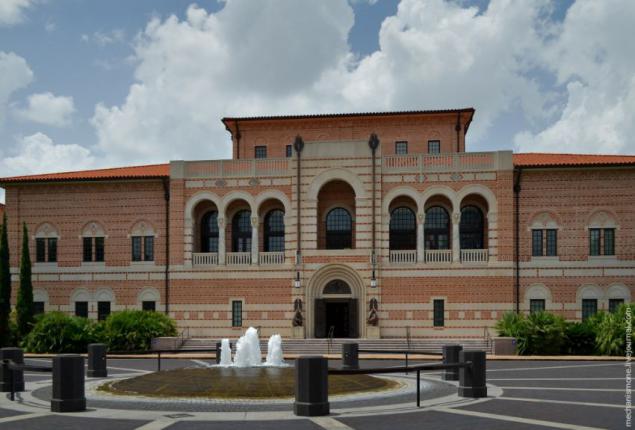
Can I deduct the exams? Of course you can, but there is one thing. That "but" is not that it is very difficult to write off, because teachers keenly watching the students, and when copying mercilessly expelled immediately. "But," it is that cheating you can not hide from classmates, and you immediately believe the stigma of "cheater." You will lose the respect of friends and other students.
Also pay attention to the fact that if all the exams in the "left" and preparatory classes were closed books, almost all the exams in the specialized classes are open books, as well as abstracts, laptop, internet, and lo and behold, Google. Is that the Group can not work and have to write off a neighbor. Just at this level give such tasks, if you do not learn, no internet, no notes, no textbook will not help you. Personally, I was preparing some scripts in Excel and Matlab to accelerate routine steps that I knew would be any problem. It saves me a lot of time. The exam usually lasts 3 hours, and many students do not manage to solve everything, so this savings time saves me time and again.
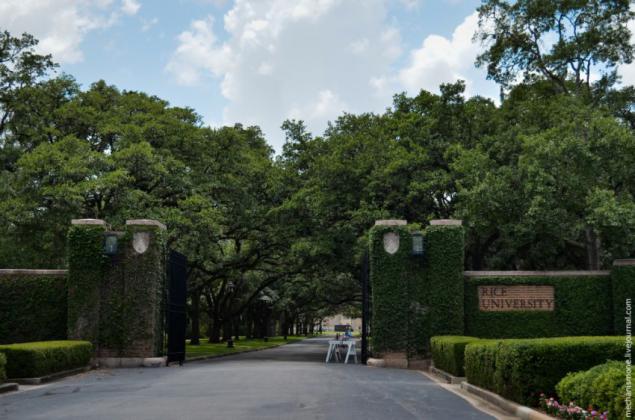
Now let's talk about the payment. All high schools in the US are paid, at first glance, this is bad, but only at first. Paid training forces students to learn in full force, thereby opening his great prospects in the upcoming career. Even a millionaire daddy will not invest money in the lazy son, everything can count money.
If a student has no money for education? You can serve in the US Army and then the government will pay you to study, accommodation and textbooks in any US university. You can take a loan from a bank or get help from the student government. You can get help from companies that provide grants to students, for example, I paid half of study grants, which were obtained from Shell, Chevron, Halliburton, and a couple of other established companies. Such grants - it's completely free money to anything you do not oblige, I just got them for what a good student. The university also has a good student aid budget.
Company giants are well aware that you need to select the smartest students in the fierce competition, this competition and creating Institutes. All students are lazy or brake deducted or changing specialty, are the best, it's a company and a job offer. Due to the engineering department received 120 students, we released 32. The rest were expelled, others left themselves or transferred to another specialty.
How much is the study? It depends on the university, if you are going to do, you can easily find out the approximate cost of training on the site of any educational institution.

Well, the last - employment. In any institution there is an internal site, where students can submit your resume. In the same companies publish vacancy. Students looking job, send them your resume, and company if you approach them, call you for an interview. The better your average score, the greater the salary offers, and the more companies will follow you "hunt". In turn, if you learn something as you will, alas, does not shine very big company such as BP, Shell, or just write, do not send resume with an average score lower than 3.75. The fight for the good of students takes place among companies with serious, everyone wants to get the best. Medium and small companies selected from the remaining.
The strongest students receive a job offer for 3-4 semesters before release, they know where they will work and what to do. In our university salary for top students began by $ 100k and the arena stood oil in the face of Shell, BP, Chevron, Exxon, Halliburton, Schlumberger, average performance offered by $ 70k more than smaller companies. Other students received job offers within 1-2 semester prior to release. I should add that I am writing here about the students who have American citizenship or green card. Even good students foreign students wishing to work in the United States, had a problem with employment. The Americans employ primarily its citizens, and the rest are second stream.
In addition, the university has a special association that will help you write a good resume, as well as pre-teach proper behavior on interviews with employers, to help avoid errors in conversation and behavior during the interview.
In addition to its sites, company employers is carried out in the university open days. At these events they are talking with the students, who want to take on the resume, and has expanded its database for future workers.
--img14--
Source: mechanismone.livejournal.com



